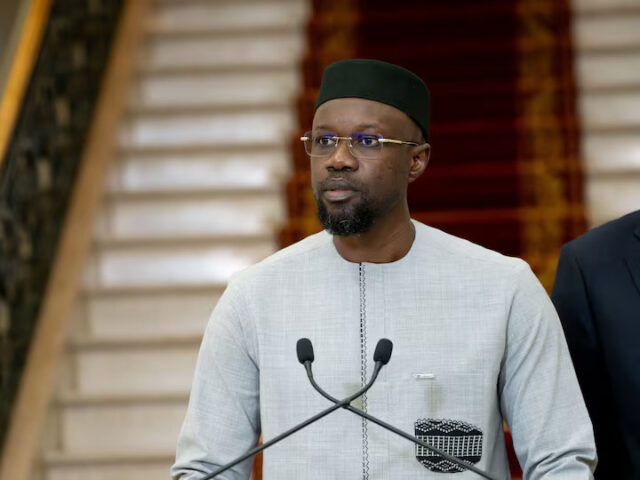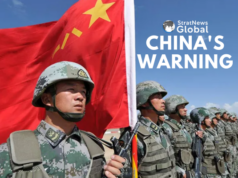
On Friday, Prime Minister Ousmane Sonko announced a new economic recovery plan for Senegal, promising to finance 90% through domestic resources and avoid extra debt.
The plan, aimed at stabilizing the finances of a West African nation that began producing oil and gas last year, comes with Senegal facing financial challenges and scrutiny over debt misreporting.
Grappling With Hidden Debts
The country is grappling with billions of dollars in hidden debts from the previous administration, which led to the International Monetary Fund (IMF) freezing its loan programme.
“We have identified more than 4.6 trillion CFA francs ($8.16 billion) in available resources between 2025 and 2028, without increasing the state’s debt,” Sonko said during a presentation in the capital Dakar.
The plan to cut public spending and boost revenues aims to help narrow the budget deficit to 3% of GDP by 2027 from 12% in 2024.
Its measures include merging and downsizing state institutions, which the government estimates could save around 50 billion CFA francs, and scrapping tax exemptions in certain sectors, particularly in the largely untaxed digital economy. He cited online gaming and mobile money as examples.
Taxes, Visa Fees
Taxes on tobacco will increase to 100% from 70%, while visa fees will be introduced for visitors from non-African countries and African states that require visas for Senegalese citizens. Visa fees are projected to generate 60 billion CFA.
Sonko said the government expects to raise 884 billion CFA francs from the renegotiation of contracts, particularly in the oil and mining sectors, and an additional 200 billion CFA from the renewal of telecom license.
To attract investment, the government will ease access to land titles and raise the age limit for imported vehicles – a key demand from Senegal’s diaspora.
Senegal will also seek external partners to recycle existing assets and continue to mobilise resources on the domestic market in local currency. Foreign currency debt must target sectors such as hydrocarbons, oil, gas and mining, Sonko said.
He said the reforms would also enable the government to better target subsidies and social programmes to meet the needs of the population.
Subsidies To Phase Out
The IMF has for years called on Senegal to curb what it describes as expensive and inefficient energy subsidies, which in March it estimated as amounting to up to 4% of GDP.
“The problem with these subsidies is that it’s not the vulnerable households that benefit from them. Most of these subsidies, they go to the wealthiest households,” IMF mission chief Edward Gemayel told Reuters in an interview in Dakar in March.
He said the subsidies should be gradually phased out with cash compensation given to vulnerable families, adding that it would be important to communicate clearly to Senegalese why the cuts are necessary.
(With inputs from Reuters)




